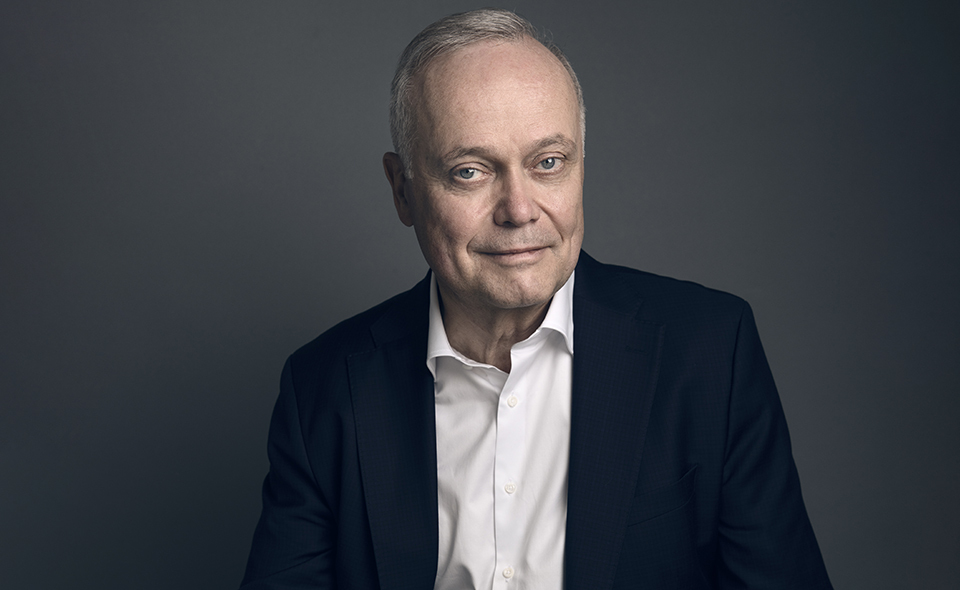In this article we hear from Ralf Lindbäck, managing counsel at Wärtsilä Corporation, who shares his thoughts on this emergent ADR landscape.
In what ways is the process of dispute resolution complicated by the addition of an international element?
Several aspects come to my mind. The resolution of cross-border disputes always involves multiple stakeholders. Procedural questions arise even if the parties have agreed on the dispute resolution roadmap and which path to take. Counter-claims, temporary injunctions enforcement issues may complicate the dispute process even further. There are cases in which dispute resolution processes intended to solve problems instead create them.
What further challenges does this create for parties and legal counsel?
Increased stakeholder demands for transparency are certainly becoming an area legal counsel needs to consider and prepare for.
Companies are required to report and disclose how their business activities impact the economy, the environment and the society they operate in and how their business – including risk, claims and dispute management – contributes to sustainability. Expectations for transparent and responsible business conduct are also outlined in intergovernmental instruments.
Generally, according to sustainability reporting standards, a company must disclose management processes (including concepts and tools) which identify, assess, prevent and mitigate existing and potential adverse material topics that impact its business value chain, including supplier and customer relationships. Threatening disputes as well as cases in litigation or arbitration may adversely impact a company’s value chain. Interesting and difficult questions arise. By what means and to what extent can a company ‘outsource’ a future outcome of a dispute which, at the end of the day, may adversely and materially affect the company’s commitment to responsible business conduct and long-term value creation?
Increased stakeholder demands for transparency are certainly becoming an area legal counsel needs to consider and prepare for.
What advice would you give to less experienced legal professionals prior to engaging in international dispute resolution?
There is this rapidly emerging new dimension in international dispute resolution. Climate change, pandemics and geopolitical crisis shape our business environment. The role of business in society has changed. The world expects the private sector to step up.
We need to rethink and change the way we manage, design and control cross-border dispute resolution processes. The way we face and engage in international disputes will become very important in the future.
In parallel with traditional dispute resolution processes, there will be more focus on conflict avoidance, early case assessments and modelling, with a case-specific process design aiming at early dispute resolution to preserve long-term value creation. Our goal should be to raise the level and ambition of collaborative dispute resolution, like mediation, between contracting parties and stakeholders.
How are emerging technologies helping to address the difficulties of international dispute resolution?
A structured claims and dispute management process aligned with the company’s business culture and strategy is a good starting point. It supports risk management and decision-making. Depending on a company’s business operations and activities, the claims and dispute management process includes key elements such as:
- A high-level policy statement (or a public ‘pledge’) on how the company is ensuring efficient resolution of disputes (including dispute prevention);
- Concepts and tools to manage, monitor and support early resolution of disputes, e.g.
- case assessment forms, checklists, guidance notes to retain control over a dispute, as well as to ensure timely responsiveness and internal task allocation,
- decision trees and mind-maps, reporting tools and
- agreement templates for dispute settlement.
Such a claims and dispute management process should be flexible and encourage continuous improvements of the process itself, as well as concepts and tools which include the use of legal tech and software solutions.
In what ways do you expect this area of law to develop in the years ahead?
This is a very good question, to which I do not have an answer. As said, business in society is changing. There is a fast-growing number of companies in different industries (including production, retail, finance, insurance etc.) who are committed to becoming net-positive.
[ymal]
A net-positive business approach recognises that, besides reducing negative environmental impacts, a company enhances the positive impacts of its individual and collective business activities – that is, environmentally, socially and economically. There is a strong emphasis on creating long-term value for the company’s business and its stakeholders, including the local society the company operates in. The scale of challenges in future business requires stakeholder collaboration, continuous innovation and transformative partnerships.
All this, in my mind, will also have a major impact on future international dispute resolution processes. We will see the growing importance of conflict avoidance, early case assessments and modelling, and case-specific process designs aimed at resolving disputes through mechanisms like arbitration proceedings or mediation prior to litigation. Responsible business conduct is aligned with access to justice and due process. Such a new approach to claims and dispute management creates long-term value for share- and stakeholders.
Ralf Lindbäck, Managing Counsel – Dispute, Insurance and Trade Management
Tel: +358 40 830 7706
Ralf Lindbäck specialises in legal matters relating to the energy sector as well as the maritime and offshore industry. He has extensive experience as in-house counsel for Wärtsilä Corporation, a stock-listed international company. This work has given Ralf considerable involvement in structuring international transactions, including long-term services agreements. Working with foreign administrations and global clients has further broadened his understanding of different legal systems, while also enhancing his reputation and track record in international dispute prevention and resolution.
Ralf’s curriculum includes postgraduate studies in maritime law as well as North Sea oil and gas law (University of Oslo, Norway), management (IMD, Switzerland) and international dispute resolution (University of Geneva, Switzerland). He is a regular speaker at conferences and an internationally qualified/accredited mediator (IMI, CEDR, CIArb and SCCM). Ralf Lindbäck continues to work with ICC in its Task Forces on ADR and arbitration introducing, amongst others, recommendations how to enhance early resolution to avoid escalation of multi-party conflicts related to international transactions, sustainability and climate change. International recognitions of his merits include the Financial Times Innovative Lawyers Award - Europe (2018). Ralf Lindbäck is a Board Member of Woima Corporation, Finland.





















